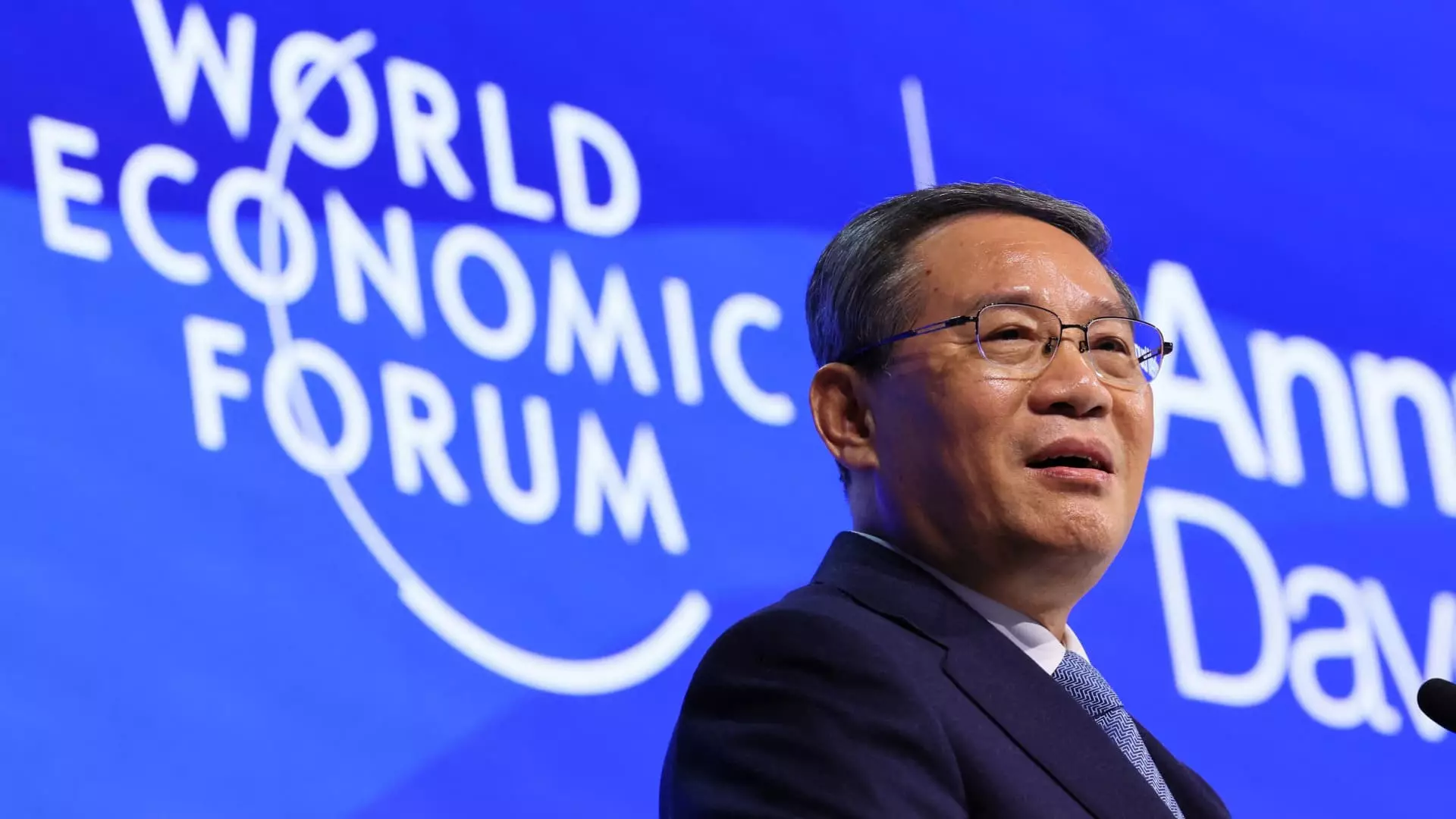Chinese Premier Li Qiang recently spoke at the World Economic Forum’s “Summer Davos” meeting in Dalian, China. He defended his country’s technological development efforts while also criticizing attempts to restrict global cooperation. According to Li, China’s rapid growth in new industries stems from its unique comparative advantages, such as a large market, industrial network, labor force, diverse application scenarios, and receptive consumers. These factors, he noted, contribute to the competitiveness of China’s emerging industries.
Despite China’s technological advancements, tensions have risen with the European Union over imports of Chinese electric cars. The EU recently announced plans for tariffs on these imports, while the U.S. intends to raise duties on Chinese electric vehicles to 100%. China and the EU are reportedly discussing the potential tariffs, highlighting the importance of international cooperation in today’s global economy.
Premier Li emphasized the significance of international collaboration in driving human development to greater heights. He stressed the importance of embracing each other with open arms and rejecting confrontation. Li’s sentiments echo the belief that the depth of international cooperation plays a crucial role in shaping global economic growth and prosperity.
Looking ahead, Li expressed confidence in China’s economic growth prospects for the second quarter of this year. He stated that the country’s economic growth would remain steady and that he was confident in China’s ability to achieve the official growth target of 5% for the year. Despite challenges in the real estate sector and varying performance in industrial activity, China’s resilience in the face of economic headwinds has been commendable.
At the Davos conference earlier this year, Li underscored the importance of technological innovation and its role in fostering global relations. He emphasized that technological advancements should not be used as tools for restricting other countries. China has been advocating for the removal of restrictions on Chinese companies aiming to acquire advanced technology from U.S. firms, highlighting the interconnectedness of the global economy.
Li drew analogies from traditional Chinese medicine and boxing to explain China’s targeted approach to economic policy. He highlighted Beijing’s efforts to support technological innovation, businesses, and the aging population as new drivers of economic growth. By focusing on enhancing consumption and implementing supportive policies, China aims to strengthen its economic resilience and foster sustainable development.
China’s stance on global cooperation in technological development offers valuable insights into the interconnected nature of today’s economy. Premier Li’s emphasis on collaboration, innovation, and resilience underscores the importance of working together to address common challenges and seize new opportunities in the ever-evolving global landscape. By embracing open-armed cooperation and rejecting confrontation, countries can harness the power of technology to drive sustainable growth and prosperity for all.



Leave a Reply